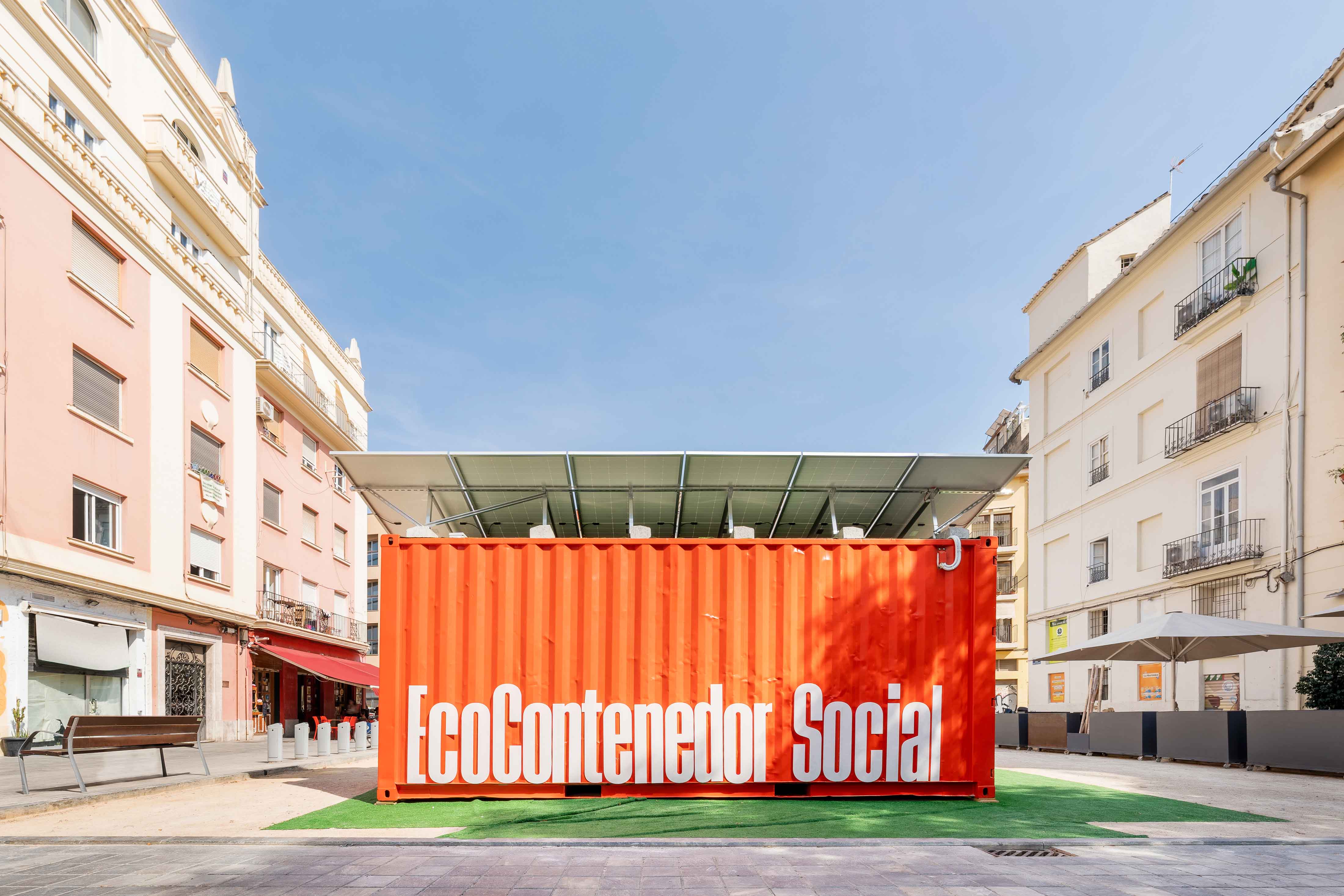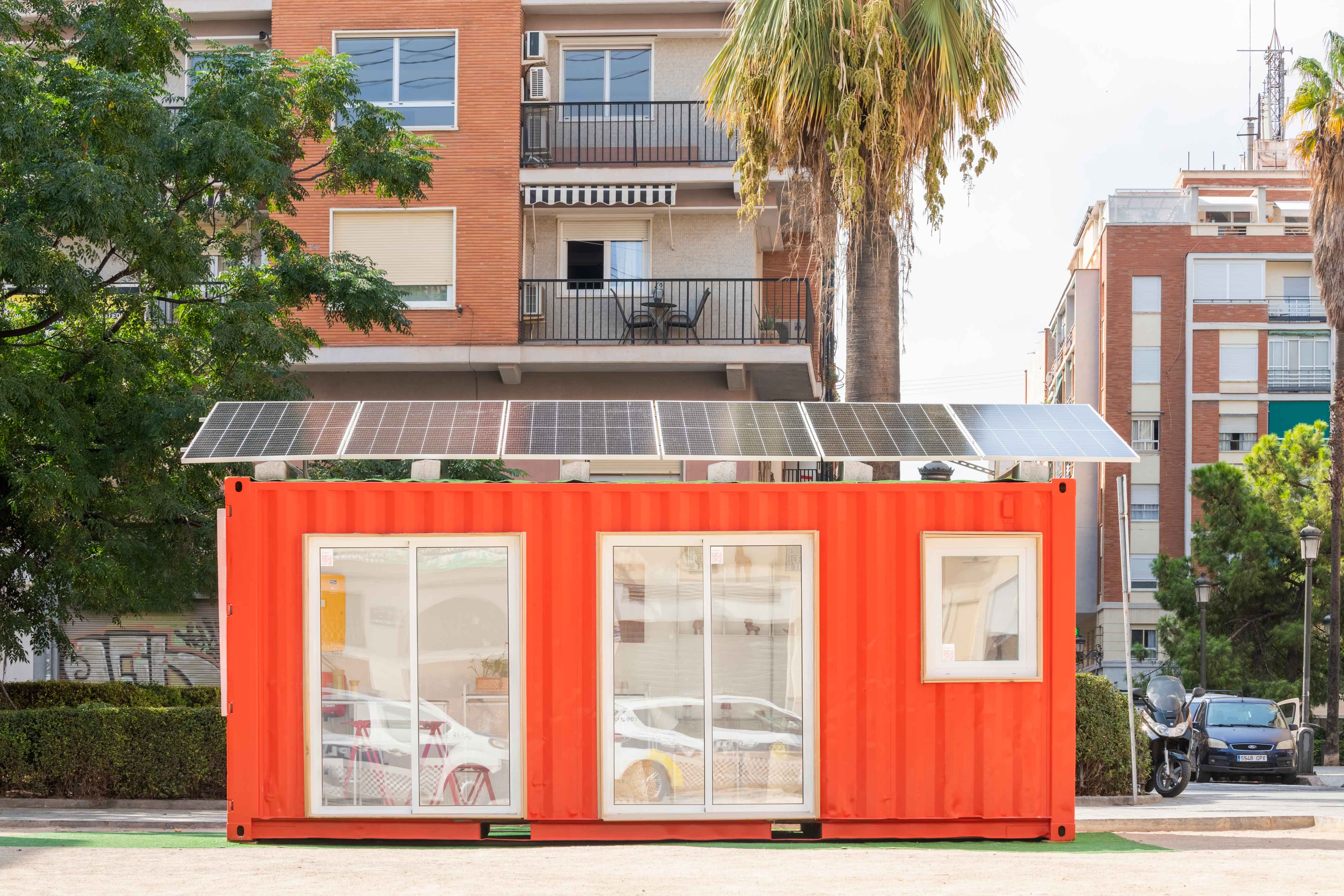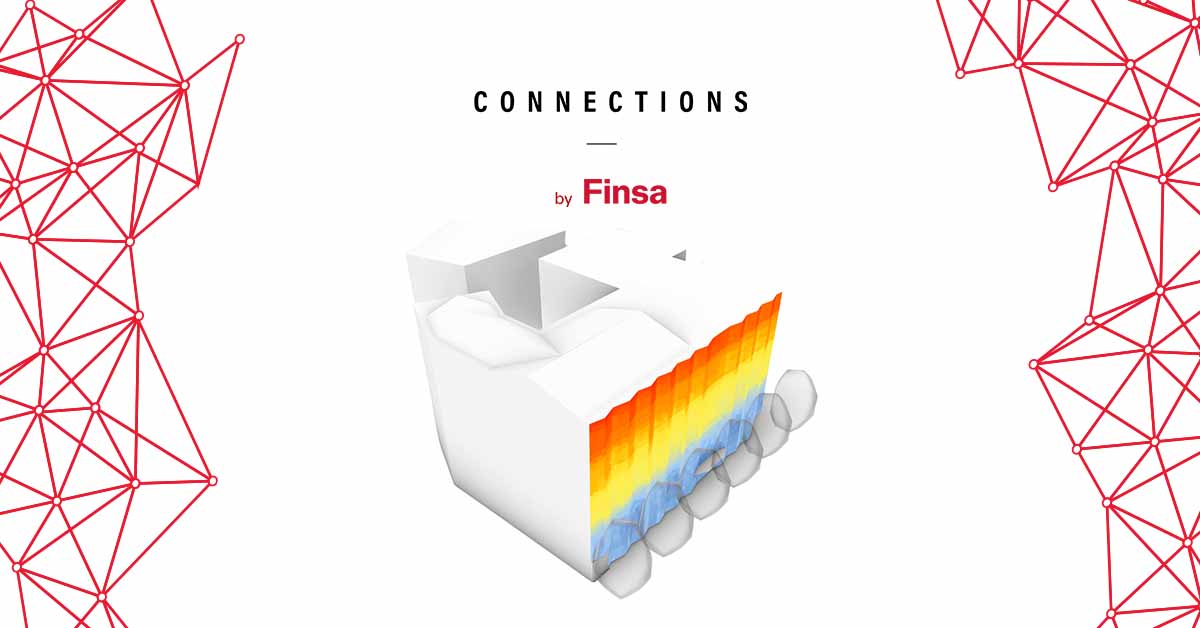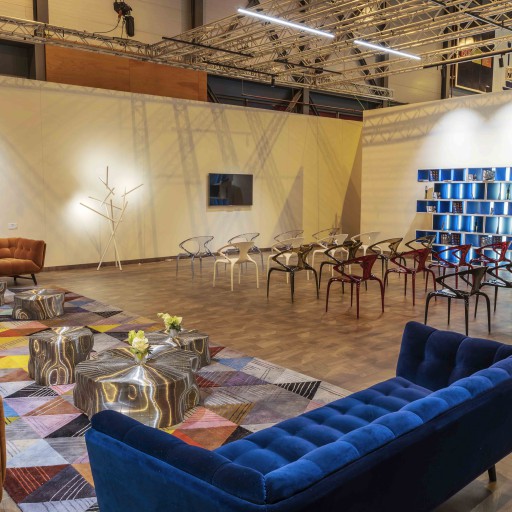Sustainable, socially responsible housing and an example of design in action: this three-in-one offering is the idea behind Ecocontenedores sociales (‘Social Eco Containers’) from Valencia’s Escola Superior de Disseny, which will debut as part of World Design Capital Valencia 2022. This social housing solution offers a space that features adaptable furniture that adds a little something extra to a type of housing already being used in cities likes Amsterdam and Barcelona.

Reimagining social housing
Planning solutions to social housing problems can take time that is simply not practical when it comes to responding to real needs. Given that there are millions of shipping containers in the world but only a third of them are in use, reusing them to make prefab houses is a quick and flexible approach that can provide both a temporary solution in the face of accidents and natural disasters, as well as a permanent solution in a housing crisis.
The first paradigmatic example of using shipping containers as housing was in Amsterdam in 2005, with the pioneering Keetwonen neighbourhood featuring student housing made from recycled containers. Recently, the Barcelona city council announced Alojamientos de Proximidad Provisionales (known as Aprop), creating 42 provisional homes designed to be emergency housing for vulnerable people.
These spaces are more than just functional, with spaces for communal activities including an urban garden, a shared laundry, and a multipurpose room. In addition to the social advantages, a study conducted by the Barcelona Council found that their construction means a 33% saving in non-renewable energy and CO2 emissions as well as a 48% reduction in resource consumption. These social and sustainable precepts resulted in this method of construction being singled out by the New European Bauhaus.
Ver esta publicación en Instagram
Ecocontenedores by EASD: innovation in multifunctionality and self-sufficiency
The Eco Containers presented at WDCV2022 will shine a light on the importance of meeting the social housing needs that were identified by a study backed by the Valencia City Council and the Àmbit association, which works with former prisoners to help them reintegrate into society. The study showed a need for privacy within multifunctional and flexible spaces.
The project’s coordinator, María Navarro, points out that Valencia is the ideal city for this type of initiative “thanks to its port and the existence of small plots of land that make it easy to insert solutions that reduce construction time and are significantly cheaper”.
Navarro explains that, using the initial report, “we thought of different types of basic kitchens, bedrooms…and we asked the students to choose materials that were in line with the elements they were going to design, with a focus on sustainability, the product’s lifecycle, and final use”.
One of the furniture solutions is a new version of self-sufficiency with 3D-printed tools that allow users to produce their own food. These designs will be posted on the project’s website and available for free download so that these objects can reproduced.




 (@neweuropeanbauhaus)
(@neweuropeanbauhaus)

